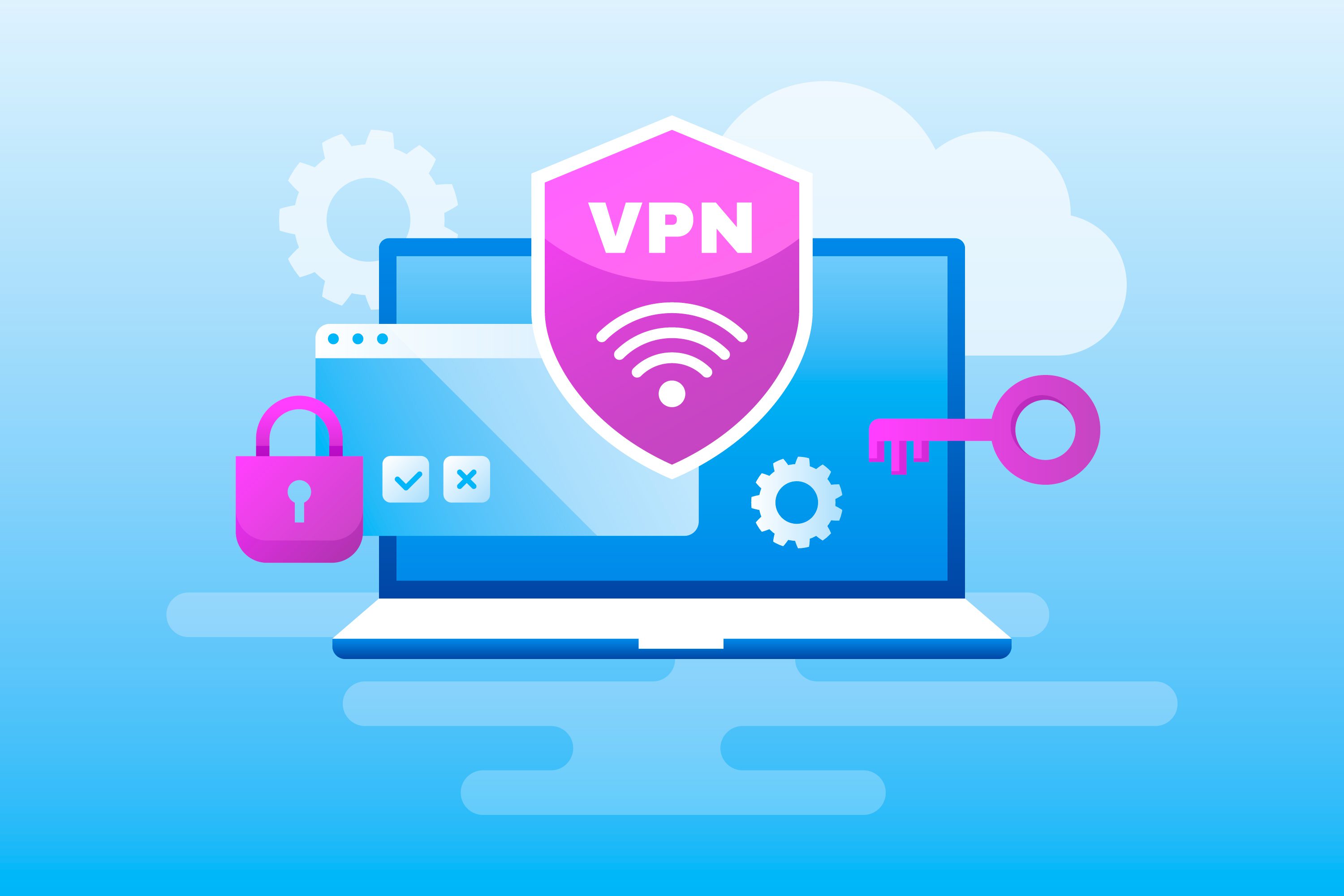Picture Supply: pexels
In the swiftly changing terrain of education, online learning has surfaced as a revolutionary influence, challenging conventional models and democratizing the availability of knowledge. Standing on the verge of a new era, it becomes crucial to examine the path online learning is taking and envision the possibilities it holds. This piece will delve into the significant trends, innovations, and potential hurdles that mold the future of online learning, particularly within platforms like MasterClass.
Personalized Learning Paths: Catering to Individual Needs
The future landscape of online education, particularly within platforms like MasterClass, hinges on personalization. Technological advancements, in tandem with refined data analytics, empower these platforms to customize educational experiences according to individual needs. Through adaptive learning algorithms capable of recognizing strengths, weaknesses, and learning styles, learners receive tailored content and pacing. This not only amplifies engagement but also guarantees that individuals can thoroughly grasp concepts before moving forward.
Immersive Technologies: Transforming the Learning Experience
As the progress of virtual and augmented reality technologies persists, future of online learning promises immersive and interactive experiences. Imagine history lessons where students virtually step into ancient civilizations or science classes conducted inside the human body. These advancements hold the capacity to enhance the engagement levels of the learning experience, practical, and memorable.
Collaborative Learning Platforms: Breaking the Isolation Barrier
The evolving classroom paradigm, particularly within platforms like MasterClass, transcends solitude. Online learning environments are advancing to foster collaboration, discussions, and group projects. Through the integration of social learning spaces, virtual study groups, and collaborative projects, the divide between distance education and the lively community atmosphere of traditional classrooms is bridged. The focus extends beyond mere knowledge acquisition, placing a significant emphasis on active participation within a global learning community.
Gamification and Edutainment: Making Learning Fun
The incorporation of game elements into educational experiences, known as gamification, is gaining prominence. The future of online learning recognizes the effectiveness of turning lessons into engaging challenges, quests, or simulations. By making learning enjoyable, gamification not only enhances motivation but also fosters a sense of accomplishment and mastery.

Picture Supply: Pexels
Microlearning: Bite-sized Knowledge for On-the-Go Learning
In an era where time is a precious commodity, microlearning is emerging as a powerful trend. The future of online learning involves delivering content in small, digestible chunks. These bite-sized lessons cater to learners’ busy schedules, allowing them to acquire knowledge in short sessions. Whether it’s a quick video tutorial or a concise quiz, microlearning provides flexibility without compromising depth.
AI-driven Personalized Feedback: Enhancing Assessment Strategies
Artificial intelligence is revolutionizing the assessment process in online learning. Instead of standardized tests, AI algorithms can provide instant, personalized feedback on assignments and assessments. This not only reduces the burden on educators but also allows learners to understand their strengths and weaknesses in real time, facilitating continuous improvement.
Blockchain Credentials: Reinventing Certification and Accreditation
The future of online learning brings a shift in the way credentials are issued. Blockchain technology guarantees the integrity and authenticity of certificates and diplomas. Learners can have a secure and easily verifiable record of their academic achievements, enhancing the credibility of online education in the eyes of employers and institutions.
Continuous Learning and Upskilling: Lifelong Learning Journeys
The traditional concept of education followed a linear path, culminating in a degree. The future of online learning, however, embraces continuous learning. With the pace of technological advancements, upskilling and reskilling become essential. Online platforms offer a variety of short courses, workshops, and certifications, allowing individuals to adapt to the evolving demands of the job market throughout their lives.
Accessibility and Inclusivity: Bridging the Digital Divide
The future of online learning must address issues of accessibility.
Initiatives are in progress to close the digital gap and guarantee that high-quality education is within reach for everyone, irrespective of their geographic location or socioeconomic status. Initiatives include providing affordable devices, internet connectivity solutions, and creating content that considers diverse cultural and linguistic backgrounds.
Data Privacy and Security: Safeguarding Online Learning Spaces
With the growing dependence on technology, there is an escalating demand for robust data privacy and security measures. The future of online learning demands rigorous protection of learners’ personal information, ensuring that data breaches and privacy concerns are addressed effectively. Institutions and platforms need to prioritize the development of secure online learning environments.

Picture Supply: Pexels
Challenges and Considerations: Steering the Future of Online Learning
While the future of online learning is promising, it’s essential to acknowledge potential challenges. Issues such as digital fatigue, maintaining learner engagement, and the need for standardized quality assurance mechanisms require ongoing attention. Balancing technological advancements with human connection and ensuring equitable access for all learners are critical considerations as we navigate the evolving landscape of education.
A Dynamic Tomorrow
The future of online learning is dynamic, promising an educational landscape characterized by flexibility, personalization, and innovation. As technology progresses, the landscape of online learning will continue to evolve, not merely be an alternative but a fundamental component of education. Embracing these trends and addressing challenges will pave the way for an era where learning knows no bounds, where knowledge is accessible to anyone with a desire to explore and grow. The future classroom is not confined by walls; it’s a limitless space where curiosity leads the way, and the journey of learning is an ongoing adventure.
Last modified: May 22, 2024












